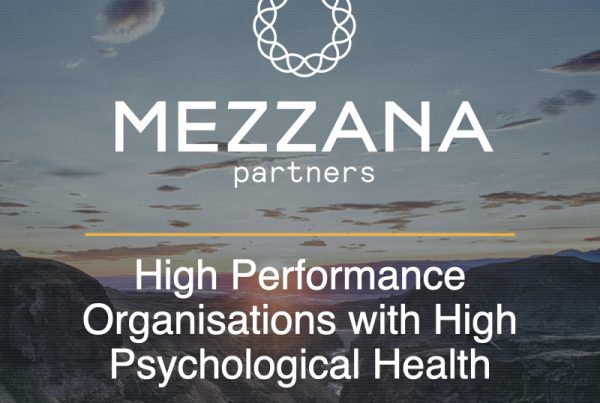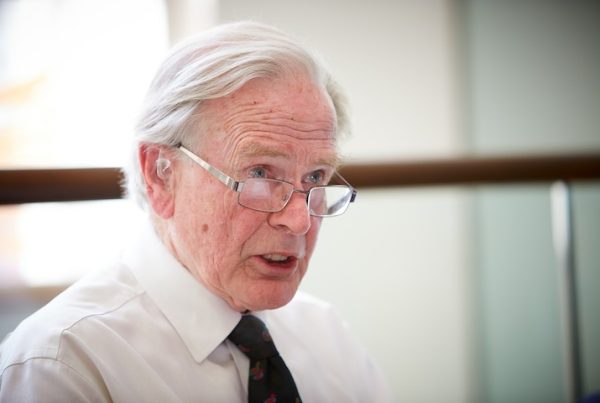Go Slow – Think Long…
It’s interesting how differently we’re all responding to this strange time. In the UK lockdown is supposedly ending, but dire warnings of the rise of the Delta variant are making headlines. Some are wary – ‘I’m not ready to touch yet!’ a colleague recoiled from a hug. Others are desperate for human contact. Some of my clients are almost coy about how much they’ve enjoyed the peace and quiet of lockdown and working from home, others can’t wait to get back to the office: “I miss other people, I miss the space and much as I love my husband, kids and dog I am truly sick of being with them 24/7!” said a female lawyer. I get it…
Me too! I confess to being nostalgic for certain aspects of “life-before”. However, a couple of uber-social weekends left me depleted…and surprised. How come, I asked myself? Am I simply out of practice?
Perhaps… but there is an increasingly insistent new voice in my head: “Go slow, go slow…”it urges.
Now I’m not a naturally slow person, so it has taken me a while to pay attention. There is much talk of “getting back to normal”. But what, I keep asking myself, does normal mean now? And furthermore, what stepping stones should I be laying down for the long-term? I am far from alone in seeing how the pandemic has brought centre stage the major environmental, social and economic challenges which our pre-Covid busy-busy lives allowed us to ‘park for later’. Along with our personal stock-take, these have become ‘now-issues’.
We probably agree there is no going back to how things were. But in order to configure what and how we do want to work and live – on our beleaguered planet – we need to resist the pull of the ‘known-normal’ and slow down, to make space for the as-yet-unshaped ‘new normal’ to emerge. It is after all a tall order to expect to know how to be in a world where the seismic plates are shifting and re-adjusting themselves daily. Making space for emergence involves not-knowing – and most of us are trained to know stuff (and make sure others know we know!). Workplace rewards are based on this. Not-knowing is anxiety-making – it takes courage to resist grasping for the known.
Slowing down brings us face to face with the uncertainty of it all. We humans generally prefer to know where we’re going and what next. The English poet Keats urged us to be “capable of being in uncertainties, mysteries, doubts, without any irritable reaching after fact and reason.” Keats called this Negative Capability – what we might today call complexity. If we really want the new we need to get comfortable being uncomfortable. This is why the Cynefin framework is so useful – it normalises complexity and helps us navigate the unknown.
Going slow is not just good for us – giving our body-minds time to re-learn how to be sociable and adapt to variety and different. It also opens up the neural pathways to ‘thinking long.’
As we know, the ability to resist immediate gratification is a signifier of future success. Think marshmallows! In a famous study, four-year olds were given a marshmallow; they could eat it now or wait 15 minutes and receive two. Those who delayed gratification rated significantly higher on cognitive ability and the ability to cope with stress and frustration in adolescence. They also earned higher SAT scores. Add to this the capacity to pursue long term goals and you have the marks of a high performer. But the ability to resist instant gratification is about more than performance.
Philosopher Roman Kzarnic puts it emphatically: if we don’t start thinking long-term then our current human civilisations are likely to go the same way as the Roman Empire and the Mayans: “…short-term thinking – a belief in the primacy of now – is one of the ideas that reigns supreme and urgently needs to be challenged.” Speeding off to the pub or back to the office won’t do it.
That voice in my head is not nervousness about Covid’s new variants but an awareness that this is a precious window to reflect and rethink. If we want a better future we need to think long-term; for this we need space, and to create space we need to Go Slow…
Reference: Roman Kzarnic (2020) The Good Ancestor: How to Think Long-Term in a Short-Term World. Penguin



